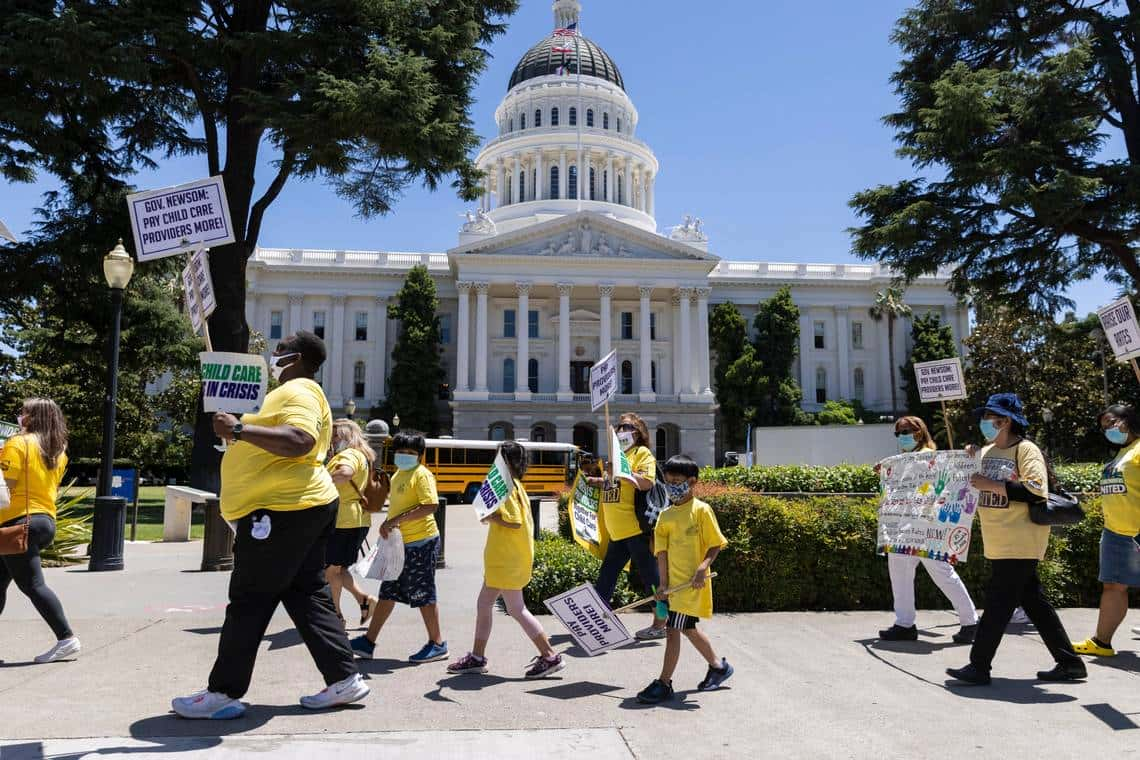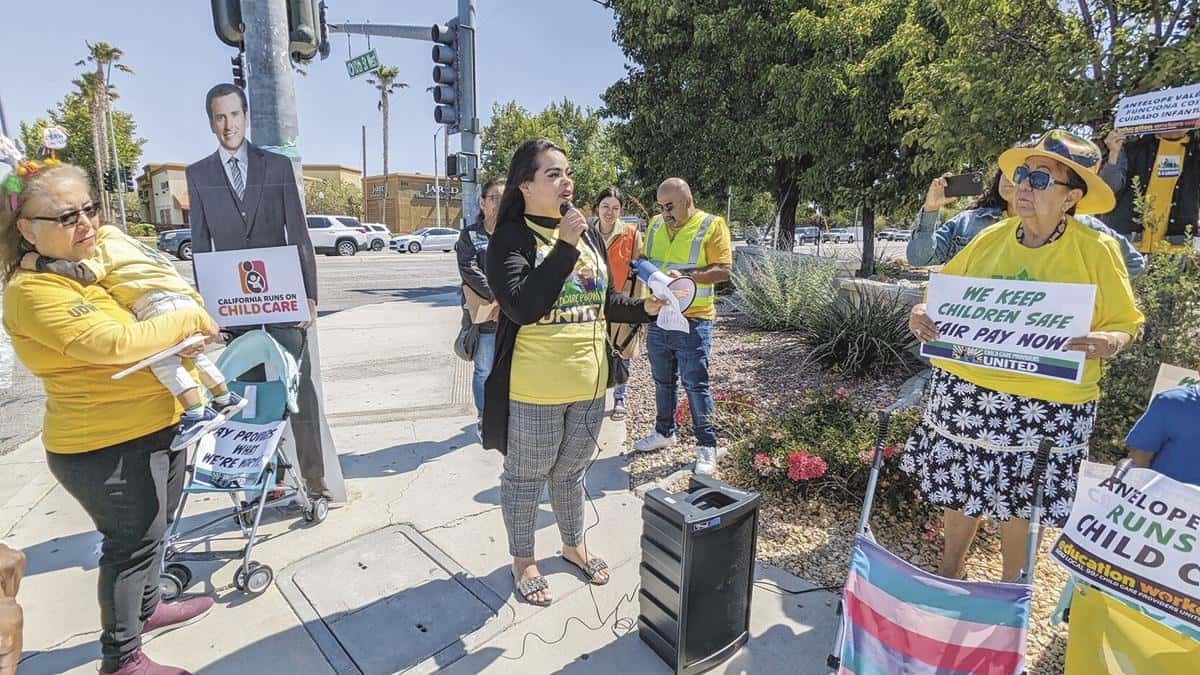More than 40,000 providers, largely comprised of immigrant women of color, will benefit from an average pay raise of 20%.

California child care providers who cater to the children of low-income workers are set to receive a significant pay increase under a tentative union agreement with the state
This California child care is being hailed as a “watershed moment” for the industry by labor officials and experts. The agreement, in addition to providing $600 million over two years for the rate increase, also includes $80 million to establish the nation’s first retirement fund for child-care providers and $100 million for healthcare funding. Research conducted by the Center for the Study of Child Care Employment at UC Berkeley revealed that less than a quarter of family child-care providers have any retirement savings.
Another significant aspect of California child care is the commitment to revamp the way rates are calculated for providers who receive subsidies to care for the children of low-income families. Currently, voucher rates are based on a 2016 market survey that falls short of covering the expenses associated with high-quality care. The new rate structure aims to pay providers the “true cost of care” and could be implemented as early as 2025.
The temporary 20% pay increase in California child care, varying slightly by region and expiring after two years, is intended to provide financial stability for providers in the short term. Many California childcare providers currently earn less than the minimum wage and struggle to make ends meet. The pay increase aims to prevent providers from leaving the industry, which has led to a shortage of available child care, especially for infants and toddlers.
The California child care will now undergo a union vote and subsequently require approval from the Legislature and Governor Gavin Newsom
The deal falls short of the 25% raise proposed by the Assembly to account for inflation, it includes important provisions for the long-term sustainability of the California childcare workforce. The contract’s rate increase, healthcare funding, and retirement funds are set to expire at the end of the contract, but the inclusion of the cost-of-care timeline is considered a significant achievement.
The California child care budget also brings relief to low-income families by capping their contribution towards child-care payments at 1% of their monthly income, down from previous rates of up to 10%.
The tentative California child care agreement represents a major step towards ensuring equitable access to quality child care and supporting the well-being of both providers and working families in California.
READ ALSO: Utah Residents To Benefit From Additional Direct Payments For SNAP, Ensuring Access To Food Stamps




